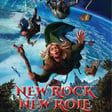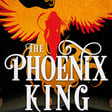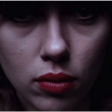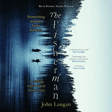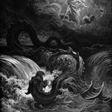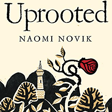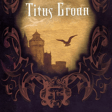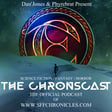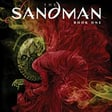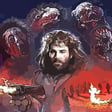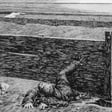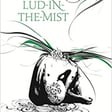
Uprooted with Anne Perry Part 1
We're back after the summer break, and are joined by Anne Perry, the publishing director at Jo Fletcher Books, to talk about Naomi Novik's 2015 fantasy bestseller, Uprooted. Based upon aspects of rural Polish folklore, Uprooted follows Agnieszka, a plain village girl who is shocked to learn that she is to be taken away to live with The Dragon, a powerful and distant wizard who lives in a tower at the edge of the valley, and protects them from a malevolent and expanding forest.
Anne, Peat and Dan discuss the feminine voice and perspectives the book offers, from friendship to romance, and why this was unusual when it was initially sold in 2014. We talk about the malevolent Wood, its echoing of Mythago Wood, and how it spawned an era of new, female oriented fantasy. We also discuss the various aspects of the male characters, and how outward hostility can hide redemptive transformation, when the female enters into their domain in the correct way.
The Judge offers a brilliant talk on a topic very relevant to writers of all stripes, namely the issue of copyright of characters, showing cases as diverse as Sherlock Holmes, Only Fools And Horses, Discworld, and Spawn.
Lastly, Captain Halfmilkcarton insists that Lt Bungalow clean up his mess, without much success.
Join us next time when we'll continue our talk with Anne Perry, talking about the state of publishing in 2023, how this affects authors, booksellers, bookshops, and the pros and cons and indie and self-publishing.
Index
Anne Perry Interview [0:00:00 - 55:37]
Skit (55:45 - 58:37]
The Judge's Corner [58:38 - 1:14:36]
Credits and close [1:14:37 - 1:15:12]



